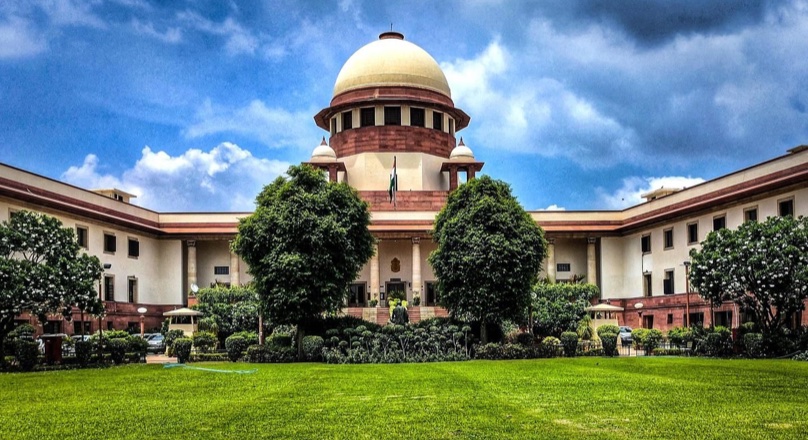Anushri Joshi
On October 16, the Supreme Court of India has determined that banks can claim tax deductions for broken period interest on Held to Maturity (HTM) securities, provided these securities are classified as trading assets. This case of The Bank Of Rajasthan Ltd. Vs. Commissioner Of Income Tax, emphasizes the importance of accurate tax treatment for financial instruments and sets a precedent for banks navigating the complexities of tax regulations.
The judgment was rendered by a Division Bench comprising Justices Pankaj Mithal and Justice Abhay S. Oka, who meticulously evaluated the provisions of the Income Tax Act, 1961, alongside the operational realities of banking institutions. The appellant, The Bank Of Rajasthan Ltd., had challenged the decision of the lower authorities, which denied the deduction for broken period interest on the grounds that it was not in accordance with the stipulated accounting principles for HTM securities.
The crux of the Court’s reasoning centered on the interpretation of “income” as defined under the Income Tax Act. The judges noted that broken period interest represents a genuine financial expense incurred by banks, and its exclusion from tax deductions would contravene the principle of fair taxation. The Court underscored that the nature of banking operations necessitates a pragmatic approach to accounting practices, particularly concerning the treatment of interest accrued on securities acquired between coupon payment dates.
Justice Oka, elucidated that the broken period interest should not be viewed in isolation but rather as an integral part of the bank’s income-generating activities. By allowing the deduction, the Court recognized the economic substance over form, thereby aligning tax treatment with the realities of financial transactions.
This ruling heralds a transformative change for the banking sector, providing clarity on the deductibility of broken period interest and alleviating the tax burden on financial institutions. The Court’s pronouncement reaffirms the judiciary’s role in ensuring that tax laws are applied equitably, thereby fostering a conducive environment for financial growth and stability.
The implications of this judgment are far-reaching, as it not only reinforces the banks’ entitlement to deductions but also calls for a reassessment of existing tax policies that may inadvertently hinder the operational efficiency of financial institutions. The ruling serves as a reminder of the necessity for legislative frameworks to evolve in tandem with the financial sector’s dynamics, ensuring that tax regulations remain relevant and supportive of economic progress.
Case Title: The Bank Of Rajasthan Ltd vs. Commissioner Of Income Tax
Case no: CIVIL APPEAL NOS. 32913294 OF 2009
Bench: Justices Pankaj Mithal and justice Abhay S. Oka
Click here to access the order

